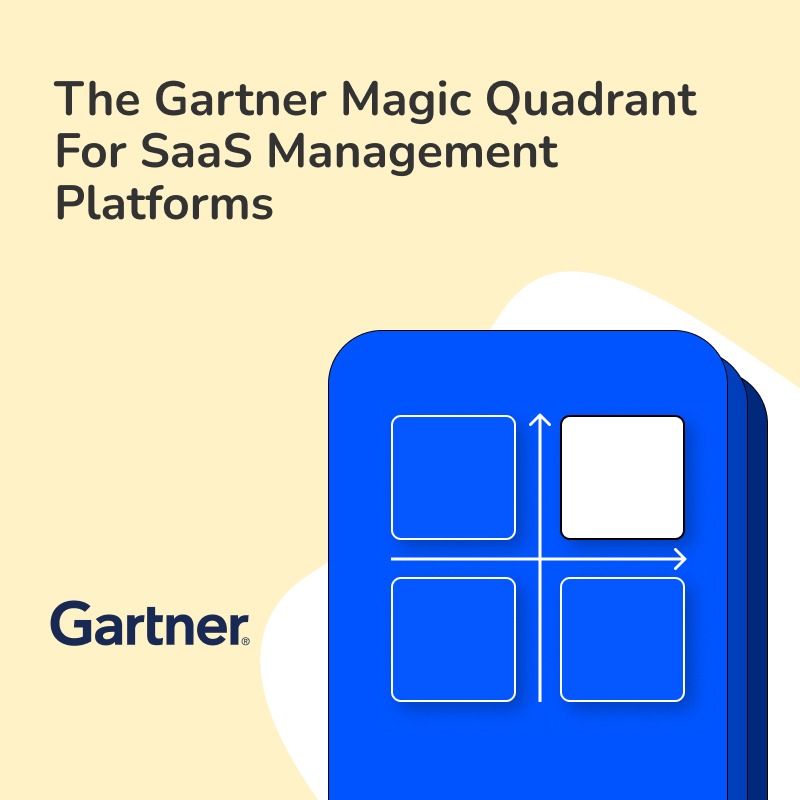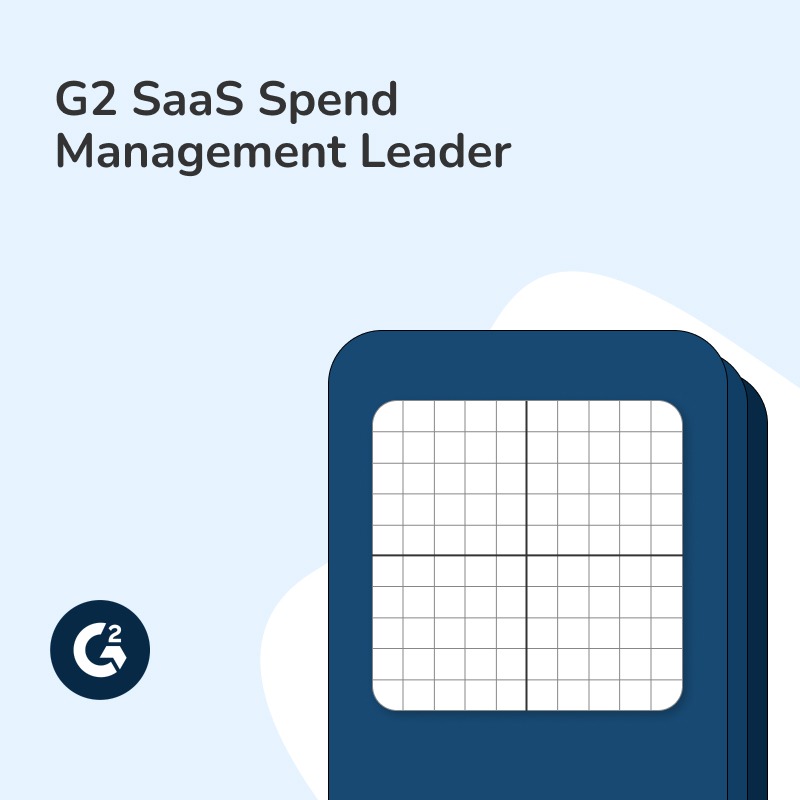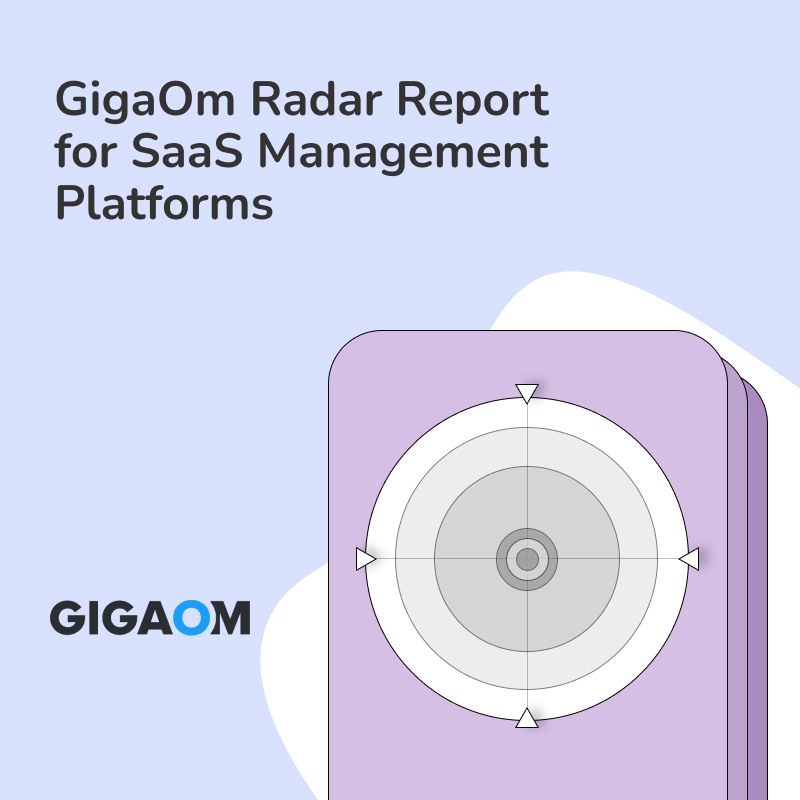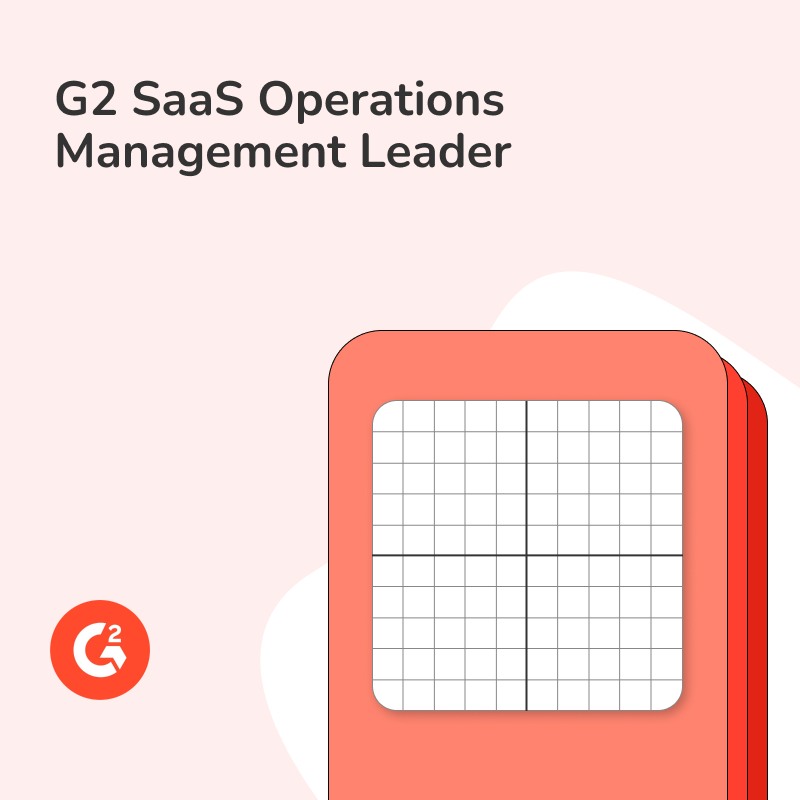Have you ever wondered how contract procurement can make or break your IT vendor management strategy? We get it—navigating the intricate web of contracts and vendor relations can feel overwhelming. But rest assured, you’re not alone in this complexity. In this article, we’ll cut through the noise to provide clear insights on how contract procurement directly impacts your IT vendor management. If you’re hungry for more tips on effective vendor management, head over to Torii. Stay tuned, because we’re about to simplify the process for you!
Contract procurement plays a significant role in IT vendor management by laying the groundwork for a successful partnership. Clear, well-defined contracts set expectations and responsibilities for both parties. They help streamline relationships by outlining what needs to be delivered and by when. Without these terms, how would either side know if they are fulfilling their obligations? A strong contract removes guesswork and ensures alignment. One of the key benefits of contract procurement is the structure it provides for managing costs. Clear pricing models and payment terms help IT departments budget accurately. No one likes surprises when it comes to finances, right? A comprehensive contract can prevent unexpected charges and keep financial planning on track. This cost clarity ensures that both the IT department and the vendor are transparent about financial expectations from the start. Performance monitoring is another area where contract procurement shines. Specific performance metrics included in the contract allow IT departments to keep a watchful eye on vendor contributions. These metrics enable the identification of issues early, empowering IT to address problems before they escalate. Imagine not having a benchmark for performance—how would you rate the effectiveness of vendor services? Defined standards make it easier to track and evaluate performance continuously. Compliance is also a critical factor managed by a well-crafted contract. Regulatory requirements, industry standards, and internal policies can all be covered in the agreement. This ensures that vendors comply with necessary guidelines and reduces the risk of legal issues. Without contractual obligations, ensuring compliance would be challenging and fraught with risks. Contracts also enhance accountability. By outlining consequences for failing to meet terms, they hold vendors accountable. Furthermore, the contract can specify dispute resolution methods, providing a clear path when disagreements arise. This framework solidifies the partnership, making each side more invested in maintaining a good relationship. Mitigating risks is another advantage. Contracts highlight potential risks and define mitigation strategies. Anticipating problems ahead of time can far outweigh dealing with them reactively. This proactive risk management protects both parties and ensures smoother operations. In summary, contract procurement is pivotal for effective IT vendor management. It establishes cost frameworks, performance metrics, compliance standards, and risk mitigation strategies. All these factors collectively ensure that IT departments receive the expected value from their vendors.
Best Practices for Optimal Contract Procurement and IT Vendor Management
To harness the full potential of contract procurement in enhancing your IT vendor management, adopting strategic practices is non-negotiable. Below are key tactics to ensure you make the most out of your engagement with vendors:
1. Define Clear Objectives
Before you dive into the procurement process, establish clear goals and objectives for what you wish to accomplish. These goals should be precise, measurable, attainable, relevant, and time-bound (SMART). Clear objectives streamline vendor selection by focusing on providers that align closely with your needs and organizational goals.
2. Detailed Requirements Documentation
Documenting detailed requirements is essential to avoid misunderstandings and future conflicts. Your RFP (Request for Proposal) should encapsulate every aspect of your needs, from technical specifications to service level expectations and compliance requirements. This thoroughness ensures that potential vendors fully understand your expectations and can deliver accordingly.
3. Comprehensive Vendor Evaluation
A robust vendor evaluation process is a critical step. Look beyond pricing and consider factors such as experience, quality of service, financial stability, and references. Due diligence here can save a lot of hassle down the line. Developing a weighted scoring system can help objectively compare vendors on these various criteria.
4. Adopt an SMP (SaaS Management Platform)
To manage procurement workflows efficiently, consider adopting a SaaS Management Platform (SMP), such as Torii. SMPs streamline contract management, track software usage, and centralize vendor-related data, enhancing transparency and efficiency. Learn more about how Torii can bolster your IT vendor management by visiting toriihq.com.
5. Negotiate Wisely
Negotiation isn’t just about lowering costs. It’s about creating a win-win scenario that benefits both parties. Aim to secure flexible terms that provide scalability, clear SLAs (Service Level Agreements), and well-defined termination clauses. Ensure that all negotiated points are clearly documented in the contract.
6. Establish Key Performance Indicators (KPIs)
Incorporate clearly defined KPIs into your contracts to monitor vendor performance effectively. Regularly review these indicators to ensure vendors meet their commitments. KPIs should be specific, measurable, and aligned with your business objectives.
7. Regular Performance Reviews
Schedule regular performance reviews with your vendors. These reviews should focus on KPI achievement, project milestones, and areas of improvement. Continuous feedback fosters better relationships and ensures issues are addressed promptly before they become critical.
8. Risk Management Planning
Effective contracts include comprehensive risk management plans. Identify potential risks and outline mitigation strategies within the contract. This proactive approach prepares both parties for unforeseen circumstances and reduces the likelihood of disputes.
9. Foster Open Communication
Good communication is the backbone of any successful vendor relationship. Establish open lines of communication and ensure regular touchpoints. An open dialogue encourages transparency and quick resolution of issues, thereby strengthening the partnership.
10. Invest in Relationship Management
Consider vendors as partners rather than just service providers. Building strong relationships based on trust and mutual respect can lead to better service, innovative solutions, and long-term success. Relationship management should be strategic, with dedicated resources focusing on nurturing vendor partnerships.
11. Ensure Compliance and Legal Safeguards
Include comprehensive compliance clauses in your contracts to ensure adherence to all relevant regulations and standards. Regular audits and compliance checks should be part of your ongoing vendor management strategy to minimize legal risks.
12. Plan for Exit Strategies
Contracts should clearly define exit strategies for both parties. This includes conditions under which the contract can be terminated, transition plans, and responsibilities for both the vendor and your organization. Having a clear exit strategy minimizes disruptions if the partnership Continues…






